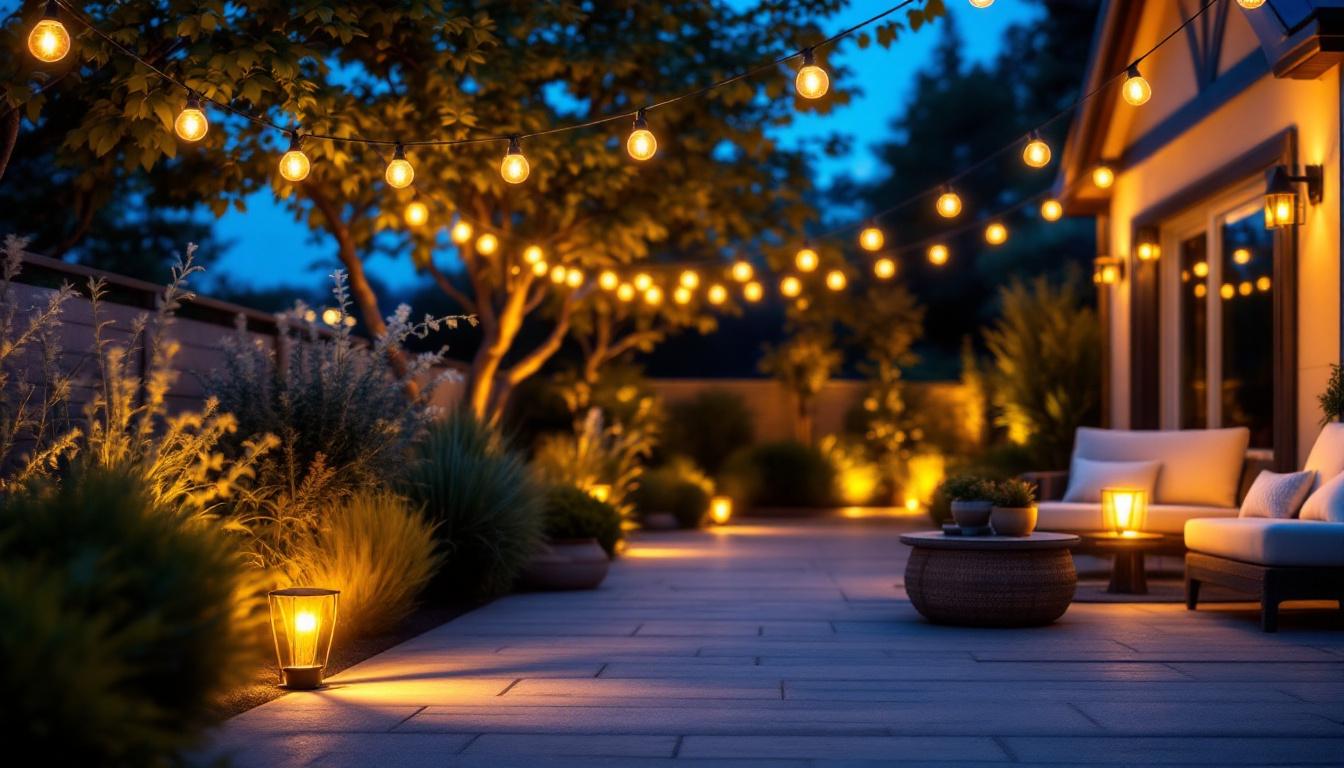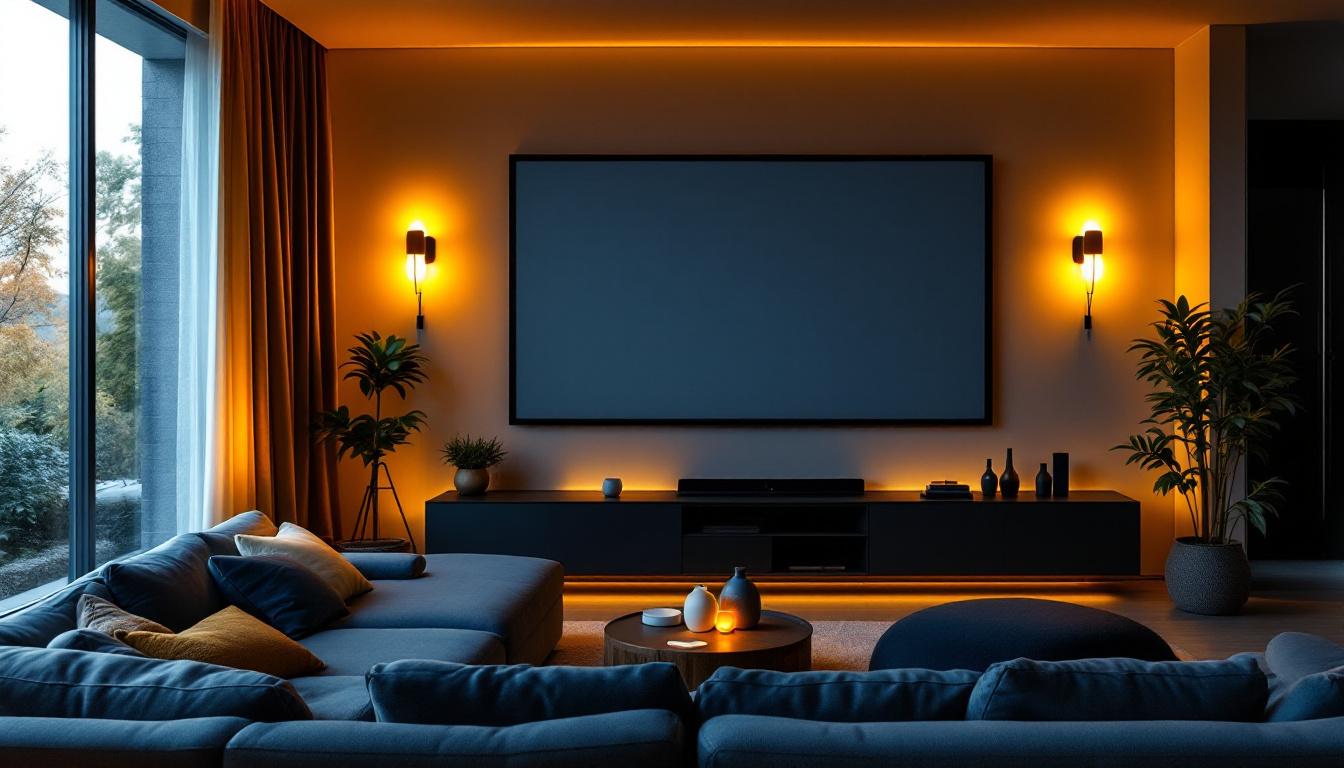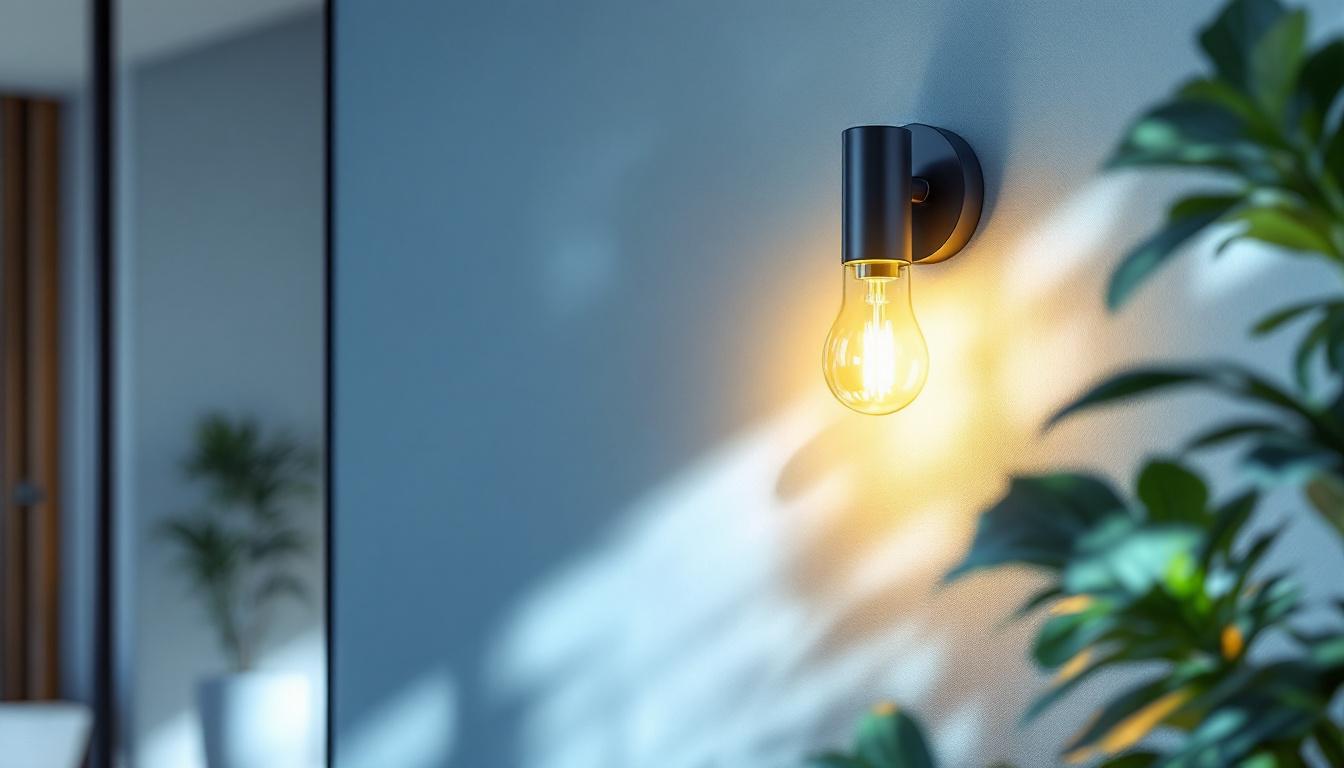
In recent years, outdoor solar bulbs have surged in popularity among homeowners and businesses alike. These eco-friendly lighting solutions not only reduce energy costs but also provide flexibility in design and installation. For lighting contractors, understanding the intricacies of solar bulb technology can set them apart in a competitive market. This article delves into the secrets that every lighting contractor should master when working with outdoor solar bulbs.
Before diving into the practical applications of outdoor solar bulbs, it is essential to grasp the underlying technology. Solar bulbs operate by converting sunlight into electricity, which is then stored in batteries for use during the night. This fundamental principle allows for a wide range of applications in outdoor lighting. The efficiency of solar technology has improved significantly over the years, making it a more viable option for homeowners and businesses alike. With advancements in photovoltaic cell technology, modern solar bulbs can capture more sunlight and convert it into energy, even on cloudy days or during the winter months.
Solar bulbs consist of several key components, each playing a vital role in their functionality. The most critical elements include the solar panel, battery, LED light source, and control circuitry. The solar panel captures sunlight and converts it into electrical energy, while the battery stores this energy for later use. The LED light source provides illumination, and the control circuitry manages the charging and discharging processes. Additionally, many solar bulbs now come equipped with motion sensors and timers, allowing for enhanced energy efficiency and convenience. These features can automatically turn the lights on at dusk and off at dawn, or activate them only when motion is detected, further extending battery life.
Understanding these components allows lighting contractors to troubleshoot issues effectively and recommend the best products for specific applications. For instance, knowing the capacity of the battery can help determine how long the lights will last after sunset, which is crucial for client satisfaction. Moreover, familiarity with the solar panel’s wattage can guide contractors in assessing how much sunlight the bulbs will need to operate optimally, ensuring that installations are strategically placed for maximum exposure.
There is a diverse array of solar bulb types available on the market, each tailored for different needs. Some popular options include pathway lights, flood lights, and decorative string lights. Pathway lights are ideal for illuminating walkways and gardens, while flood lights provide broader illumination for larger spaces. Decorative string lights can enhance the ambiance of outdoor gatherings. Additionally, solar spotlights are gaining popularity for their ability to highlight specific features, such as trees or architectural elements, creating a dramatic effect in landscaping.
Contractors should familiarize themselves with the various types of solar bulbs to make informed recommendations to clients. Each type has its unique features and benefits, which can influence the overall design and functionality of outdoor lighting projects. For example, while decorative string lights may be perfect for creating a festive atmosphere, solar flood lights might be more suitable for security purposes. Understanding the specific needs of a client and the environment in which the lights will be installed can lead to more effective and satisfying lighting solutions, ultimately enhancing the outdoor experience for users.
Outdoor solar bulbs offer numerous advantages that make them an attractive option for both contractors and clients. These benefits extend beyond mere aesthetics, impacting energy consumption, installation flexibility, and maintenance requirements.
One of the most significant benefits of solar bulbs is their energy efficiency. By harnessing solar power, these lights eliminate the need for electricity from the grid, resulting in lower energy bills. This aspect can be particularly appealing to environmentally conscious clients who are looking to reduce their carbon footprint.
Additionally, the use of solar bulbs can lead to energy independence, as they do not rely on external power sources. This independence is especially valuable in areas prone to power outages or where access to electricity is limited.
Another advantage of outdoor solar bulbs is their installation flexibility. Unlike traditional lighting systems that require extensive wiring and access to power sources, solar bulbs can be installed in virtually any location with adequate sunlight. This flexibility allows contractors to design creative lighting solutions that enhance the aesthetics of outdoor spaces.
Moreover, the absence of wiring simplifies the installation process, reducing labor costs and time. Contractors can quickly set up solar lights, making them an attractive option for projects with tight deadlines.
While the installation of outdoor solar bulbs may seem straightforward, there are several best practices that lighting contractors should follow to ensure optimal performance and longevity. These practices can significantly impact the effectiveness of solar lighting systems.
Before installation, conducting a thorough site assessment is crucial. This assessment should evaluate the amount of sunlight the area receives throughout the day, as this will directly affect the performance of the solar bulbs. Areas with significant shade from trees, buildings, or other structures may not provide adequate sunlight for efficient charging.
Contractors should also consider the intended use of the lighting. For instance, pathway lights may require different placement strategies compared to decorative string lights. Understanding the client’s needs and the environmental conditions will help in making informed decisions during installation.
The placement of solar bulbs is critical for maximizing their effectiveness. Ideally, solar lights should be positioned in areas that receive direct sunlight for at least six hours a day. This ensures that the batteries are fully charged and can provide adequate illumination during the night.
Contractors should also consider the height and angle of the solar panels. Adjusting the angle to face the sun can enhance energy absorption, while ensuring that the bulbs are at a height that provides optimal illumination without being obstructed by foliage or other objects.
To ensure that outdoor solar bulbs continue to function effectively over time, regular maintenance is essential. While solar lights generally require less maintenance than traditional lighting systems, certain practices can help extend their lifespan and performance.
Dust, dirt, and debris can accumulate on solar panels over time, obstructing sunlight and reducing their efficiency. Regular cleaning of the solar panels is vital to maintain optimal performance. Contractors should advise clients to clean the panels periodically using a soft cloth and mild soap, ensuring that they do not scratch the surface.
In addition to regular cleaning, it is advisable to inspect the panels for any signs of damage or wear. Addressing these issues promptly can prevent further complications and ensure that the lights continue to operate efficiently.
The battery is a crucial component of solar bulbs, and its maintenance is essential for longevity. Over time, batteries may lose their capacity to hold a charge, leading to diminished performance. Contractors should recommend replacing batteries every few years, depending on usage and the quality of the battery.
Additionally, educating clients about the signs of battery failure, such as dimming lights or shorter illumination periods, can help them take proactive measures to maintain their solar lighting systems.
When working with outdoor solar bulbs, design considerations play a significant role in creating an aesthetically pleasing and functional lighting scheme. Lighting contractors should keep several factors in mind to ensure that the final design meets the client’s expectations.
The color temperature of the light emitted by solar bulbs can significantly influence the ambiance of outdoor spaces. Warmer color temperatures (around 2700K to 3000K) create a cozy and inviting atmosphere, making them ideal for patios and gardens. On the other hand, cooler color temperatures (around 4000K to 5000K) provide a more modern and vibrant feel, suitable for contemporary landscapes.
Contractors should discuss color temperature options with clients to ensure that the chosen solar bulbs align with their vision for the outdoor space. This consideration can enhance the overall aesthetic and functionality of the lighting design.
Layering light is a design technique that involves using different types of lighting to create depth and interest in outdoor spaces. By combining solar bulbs with other lighting sources, such as landscape lights or spotlights, contractors can achieve a well-rounded lighting scheme that highlights key features while providing adequate illumination.
For instance, using solar pathway lights alongside string lights can create a warm and inviting atmosphere for outdoor gatherings. Layering light not only enhances the visual appeal but also improves safety and functionality in outdoor areas.
Effective communication and education are vital components of a successful lighting contractor-client relationship. When working with outdoor solar bulbs, contractors should prioritize educating clients about the benefits, installation process, and maintenance requirements of solar lighting systems.
It’s essential to set realistic expectations regarding the performance of solar bulbs. While they are energy-efficient and eco-friendly, their effectiveness can vary based on factors such as geographical location, weather conditions, and placement. Contractors should communicate these factors to clients to ensure they understand the limitations and advantages of solar lighting.
By providing clear information, contractors can foster trust and confidence in their expertise, leading to satisfied clients who appreciate the value of their solar lighting systems.
After the installation of solar bulbs, offering ongoing support can enhance the client experience. Contractors should be available to answer questions, provide maintenance tips, and address any concerns that may arise. This support not only demonstrates professionalism but also encourages clients to reach out for future projects or referrals.
Establishing a solid post-installation relationship can lead to long-term client loyalty, which is invaluable in the competitive lighting industry.
Outdoor solar bulbs present a wealth of opportunities for lighting contractors looking to expand their offerings and provide sustainable solutions to clients. By mastering the technology, installation best practices, maintenance tips, design considerations, and client education, contractors can position themselves as experts in the field.
As the demand for eco-friendly and energy-efficient lighting continues to grow, embracing outdoor solar bulbs can lead to increased business opportunities and satisfied clients. By implementing the secrets outlined in this article, lighting contractors can illuminate their path to success in the ever-evolving world of outdoor lighting.
Ready to elevate your outdoor lighting projects with the efficiency and sustainability of solar bulbs? At LumenWholesale, we provide lighting contractors like you with the highest quality, spec-grade solar lighting solutions at unbeatable wholesale prices. Say goodbye to local distributor markups and hello to a vast selection of reliable, high-performance lighting that meets the strictest industry standards. Plus, with free shipping on bulk orders, you can stock up on premium lighting without worrying about hidden fees or compromises. Don’t miss out on the perfect blend of quality, affordability, and convenience. Take the next step towards brighter, more sustainable outdoor spaces with Wholesale Lighting at the Best Value from LumenWholesale.

Explore how 5 ft LED lights operating at 110 volts are revolutionizing energy efficiency in homes and businesses.

Discover essential home cinema wall lights contractors often overlook, boosting ambiance and safety.

Explore the fascinating journey of electric wall sconces, from their historical origins to their modern-day innovations.

Illuminate your space with ease using stick-on under cabinet lights.